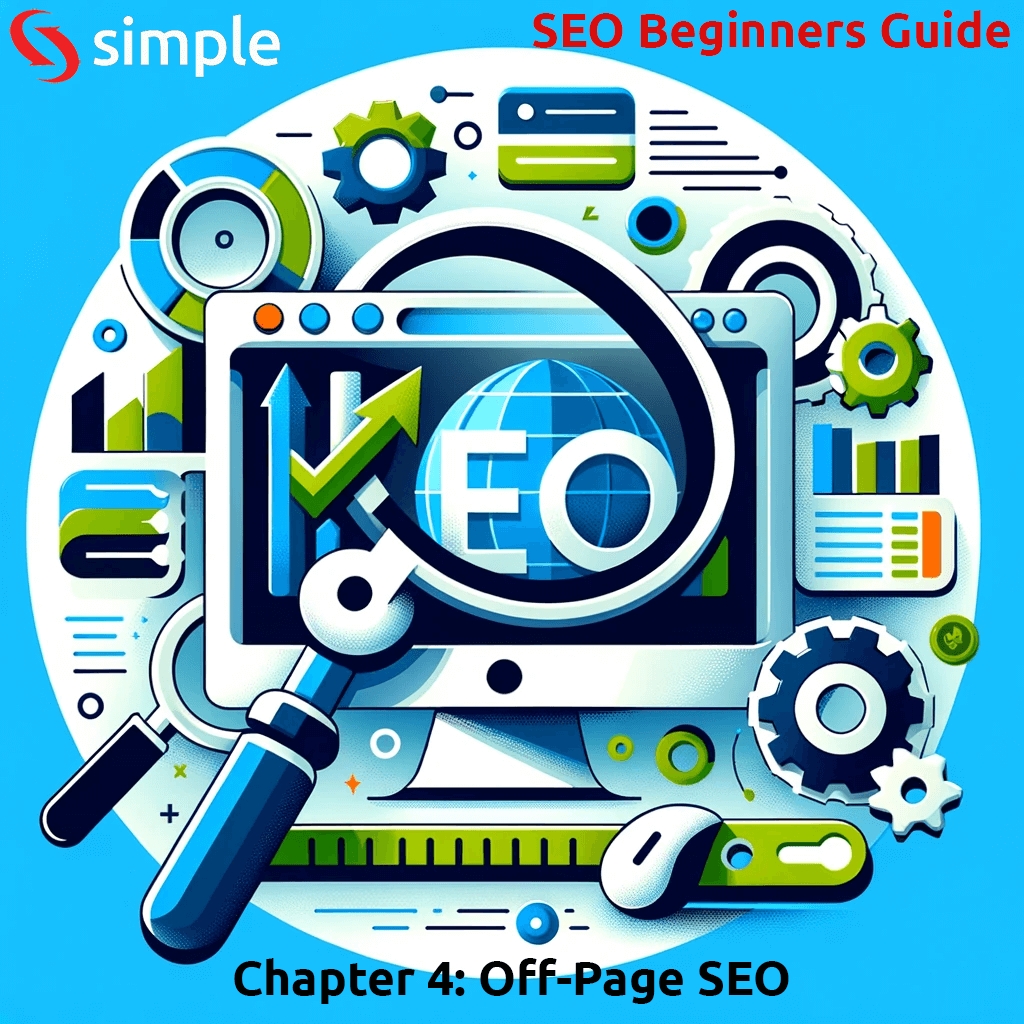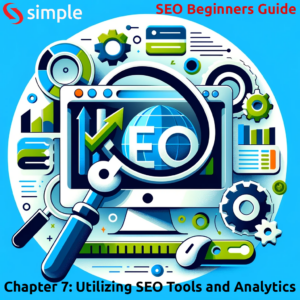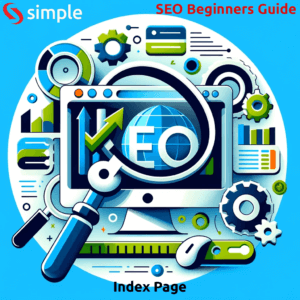Off-Page SEO Strategies are crucial for enhancing your website’s visibility and authority in search engines. This article, part of our SEO Beginners Guide, focuses on the power of off-page tactics, including link building, and the influence of social media and backlinks on SEO.
Off-Page SEO
What is Off-Page SEO?
Off-Page SEO involves strategies implemented outside of your website to impact your ranking in search engine results. This includes building backlinks, being active on social media, and guest blogging. While on-page SEO is all about optimizing your website’s content and structure, off-page SEO is about enhancing your website’s perception in the wider web ecosystem.
The Power of Link Building
A core element of off-page SEO is link building, where other sites link back to yours. These backlinks are viewed by search engines as votes of confidence. The quality, quantity, and relevance of these links significantly affect your site’s ranking. Engaging in white hat strategies for gaining backlinks is vital, as unethical practices can lead to penalties by search engines.
Link building is a vital part of Off-Page SEO strategies, offering various techniques to enhance your website’s search engine rankings. Here’s an overview of different link building strategies you can use:
- Guest Posting: Writing high-quality articles for other websites, allowing you to include a link back to your own site. It’s a popular method but should be done with caution to avoid being perceived as spammy.
- Skyscraper Technique: Involves identifying outdated or inferior content that has attracted many links, creating better content on your site, and then reaching out to those who have linked to the original content.
- Resource Page Link Building: Finding pages that list resources similar to yours and requesting to be added.
- Broken Link Building: Involves identifying broken external links on other websites in your niche, creating an alternative on your own website, and then contacting the website owners to replace the broken link with yours.
- Image Link Building: If other sites use your images without proper attribution, reaching out to them and asking for a link back can be effective.
- HARO (Help a Reporter Out): This service connects you with journalists looking for expert sources, offering an opportunity to gain high-quality backlinks from reputable media outlets.
- Creating Linkable Assets: These include resources like infographics, original research, and in-depth guides that naturally attract backlinks due to their high value.
- Finding Unlinked Brand Mentions: Searching for mentions of your brand that aren’t linked and reaching out to request a link.
- Paid Directories: Although this involves paying for inclusion in directories, it should be done selectively as not all paid directories are valuable for SEO.
- Niche Specific Directories: Unlike general web directories, niche directories focus on specific topics and can be valuable for link building.
- Discounts and Charitable Donations: Offering discounts can get mentions in discount lists, and donations to charities might lead to mentions on their donor pages. However, be aware that Google classifies donation links as “paid links”.
- Email Signatures: Including a link in your email signature can drive additional traffic to your website.
- Offline Marketing: Activities like conferences or handing out business cards can increase brand awareness, indirectly supporting link-building efforts.
Each of these strategies has its unique strengths and applicability depending on your website’s niche and audience. While some strategies like guest posting and broken link building are more direct and proactive, others, such as creating linkable assets or leveraging HARO, require more content creation and long-term relationship building.
For a comprehensive understanding and implementation of these strategies, it’s important to consider the quality and relevance of your links, the authenticity of your approach, and the value you’re providing through your content and interactions.
Social Media’s Role in Off-Page SEO
Social media may not be a direct ranking factor in Google’s algorithm, but it’s instrumental for garnering attention. Increased social media shares can lead to more links, mentions, and branded searches. Consistently engaging your audience on social platforms and using these channels for content distribution can boost your domain authority.
Influencer Marketing and Guest Posting
Collaborating with influencers and guest posting on other websites are excellent strategies for off-page SEO. Influencers can amplify your content and help you reach new audiences, while guest posting can establish you as an industry expert, leading to mentions and backlinks. It’s crucial to publish guest posts on relevant sites within your industry to maximize effectiveness.
Local SEO
For businesses targeting local customers, local SEO is a key off-page strategy. This involves optimizing your online presence for local search results, including managing your Google Business Profile and ensuring consistent NAP (Name, Address, Phone Number) citations across the web.
Content Syndication and Forums
Syndicating your content on platforms like Medium, LinkedIn, or specialized syndication services can expand your reach. Participating in forums like Reddit and Quora, relevant to your expertise, can also position you as a thought leader, building trust and authority.
Off-Page SEO: A Multi-Faceted Approach
Effective off-page SEO requires a comprehensive approach, combining various strategies to boost your website’s authority and credibility. From link building and social media engagement to influencer collaborations and content syndication, each element plays a crucial role in enhancing your online presence and search engine ranking.
For an in-depth exploration of off-page SEO and practical tips, visit the SEO section of our blog at https://simple.it/category/internet/seo/. And don’t forget to check out the rest of our SEO Beginners Guide for more insights on mastering the art of SEO.




Pingback: SEO Beginners Guide: Mastering the Essentials of Search Engine Optimization in 9 lessons - Simple IT